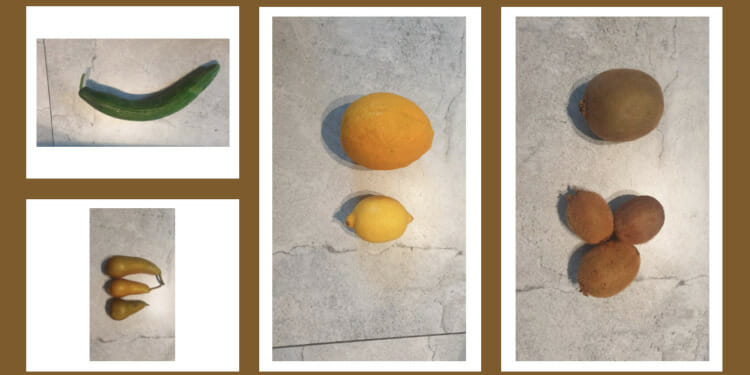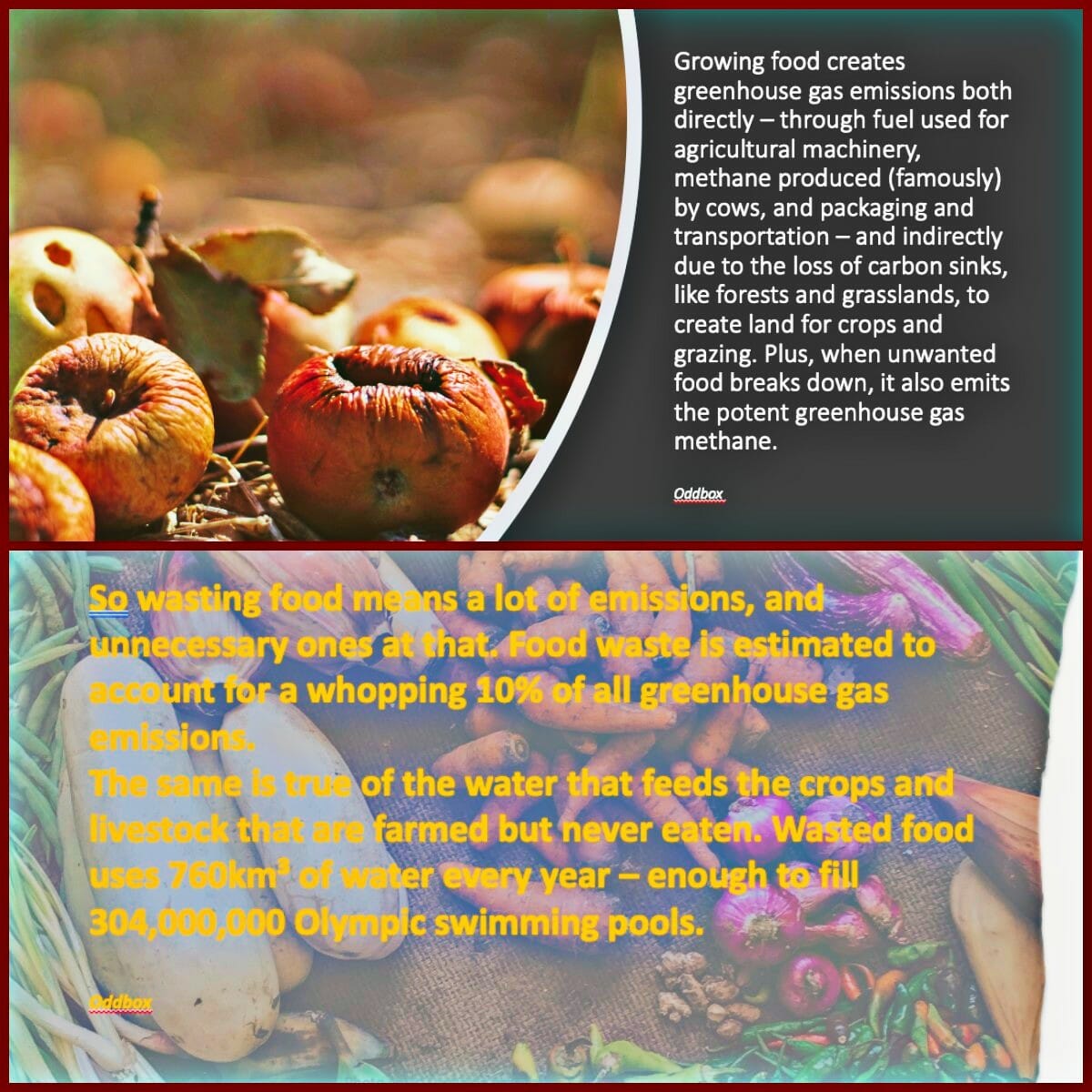This is the fifth article in the series “Our Sustainable Future”. The first article is here (how to be a conscious consumer), the second is here (how to tackle bathroom plastic waste), the third is here (how to tackle kitchen plastic waste) and the fourth is here (minimalistic life choices) The author is a filmmaker who lives in the U.K. and she records for us how she became a “conscious consumer”, with a new eco-minimalist lifestyle on a path to building a sustainable future for herself and her family.
In my case, the desire to become a conscious consumer wasn’t driven by a trend but a profound realization that life happens here and now and waiting for “the right” moment to change my lifestyle was only prolonging my dissatisfaction with my life. My careful shift from a consumption-driven lifestyle to eco-minimalism will hopefully, in the long run, add to my deep desire to be a part of the movement that aims at building a sustainable future.
The concept behind conscious consumerism is straightforward. You only buy what you need and what is essential. You don’t splurge on items you already have enough of or status things that look good or are very trendy and expensive to begin with but quickly lose value.
Often the trendy gadgets (regardless of their price) leave a substantial carbon footprint behind, because of the way they are produced and how fast the turnaround process of those items is (think of smartphones, fast fashion clothing, and any recent craze items).
Becoming a conscious consumer takes time, commitment, and a lot of mindfulness, while out and about shopping, and it doesn’t matter if you shop for small or large items. It also takes a lot of self-control not to be tempted by offers, deals and sales, especially nowadays when everything is just a click away and can be paid for much later or in gazillion installments.
For instance, my favourite shoe shop at the Greenwich Market had a 60% summer sale. Of course, I was drawn to go in. However, I knew if I had gone in, I would have most likely ended up buying another pair of summer shoes. I didn’t need one more pair of sandals; I already have three. I have to admit that it was my biggest temptation in a long time, but luckily, I could talk myself out of “just popping in”.
During the pandemic and all the lockdowns, our food bills started going through the roof, and for months this part of our budget was entirely out of control. We decided to cut down on plastic-packaged foods and move towards eating seasonal foods and preferably locally grown. Yes, it does take a lot of willpower not to be tempted by offers and exciting, colorful packaging. But as long as we stick to the shopping list and know more or less what we are cooking during the week, it’s all doable.
We also have subscribed to Oddbox, a British company with an inspiring slogan, “eat good, do good”. Oddbox buys out fruits and veggies, which aren’t pretty enough to make it to the supermarket or of which too many have been produced. The products Oddbox delivers are rescued food, which otherwise would have ended up in the landfill. I love our weekly box and the fact that most of the veggies and fruits come packaging-free.
By pivoting our shopping routine and building different shopping habits, we are also more daring and creative in our cooking than we’ve ever been before. We cook what we have, which pushes us to search for new recipes and be more experimental.
My hubby is also trying to cut down on his meat consumption for health and sustainability reasons. I’m keeping my fingers crossed that he could adjust and develop new eating habits. Our new eating and shopping practices have also resulted in a reduction of our recycling, making me mega psyched.
Strategies to become less-tempted and remain a conscious consumer
Thinking ahead and planning shopping trips are vital when moving your life towards conscious consumerism. Without a shopping list (it doesn’t matter what I shop for), I feel lost and often buy a ton of stuff I have no real use for.
Also, having a list while food shopping saves time and money by not having to go to the corner shop to pick up one or two items. We all know that it’s never “only” one or two items. Nipping out to the corner shop a few times a week is never a good strategy for building conscious consumerism habits or saving money.
Ikea is a perfect example of a shop that makes you want to spend and spend and spend some more. Personally, I try to avoid Ikea because I know that once I’m inside, I’ll end up buying things I either already have or have no use for. When I go to Ikea with children, I’ve noticed that I’m more prone to buying unhealthy processed foods that I don’t enjoy eating. But since I’m only a human, I get tempted just like everyone else.
Avoiding temptation is one of the best ways to hold my consumption at bay.
As a family, we never go to shopping centres just to kill time, to window shop or aimlessly walk from shop to shop in the hope of finding a deal. Our shopping centre trips are always intentional and don’t happen more often than once, twice a year.
When I decide to go shopping at one of those mega shopping centres, I need to know precisely which shops I’m going to go into and what I’m looking for. However, my preferred shopping method is small local shops, online shopping, especially when the sale is on, or markets and charity shops.
Another way of becoming less tempted with offers is to unfollow your favourite brands from social media and mailing lists. If you spend a lot of time online, constant exposure to discounts and new “must-have” trends might become problematic over a long period. And if it’s just a click away from belonging to you, that type of shopping/spending behaviour could seriously mess up your finances while adding significantly to your personal carbon footprint.
I’m only subscribed to one clothing newsletter, and it’s a children’s clothing brand, which happens to be sustainable and durable.
The fashion industry is one of the three top polluters of our planet right now. So, we consciously add to that pollution with every clothing item we buy, especially if we don’t necessarily need them. That gives the clothing brands we purchase from permission to produce more because they believe there is a strong demand for their products.
If the surplus of clothing isn’t recycled or re-sold, they will end up in developing nations polluting the waters and environment out of sight of the consumers who purchased those items in the first place but didn’t use them or used them just once.
One of the best ways to go about buying clothing is to buy second-hand items or clothing made from recycled materials.
Buying second hand is what a lot of conscious consumers pivot towards at some point in their journey. There are a lot of online companies that sell such items; you don’t have to go from a charity shop to a charity shop looking for clothing.
When it comes to buying clothing for myself, I’ve got so much at the moment that I don’t think I’ll be buying anything any time soon. Besides, if I need anything, I can either borrow it from my mum or my sister.
Investing in sustainable everyday swaps is also an essential part of the transition towards becoming a conscious consumer. The swaps cost a little bit more upfront, but in the long run, save tons of garbage as well as money.
Before you embark on the sustainable swaps journey, do your research, and find the swaps that work for you. In reality, not everything sustainable substitute will work for you, or you will need it in your life.
Supporting companies and businesses that encourage consciousness and are sustainable in their approach is another aspect of conscious consumerism you should be mindful of while making your buying decisions. In the world of conscious consumerism, it’s vital to support business models that authentically care for the environment, not only use greenwashing to clear their consciousness.
For instance, a lot of the high street commercial banks support fossil fuel companies as the Impakter Index has demonstrated, and the banks do this despite claims to the contrary. Luckily there are alternatives. Google for ethical banking in your own country, and I’m sure you will find banks that agree more with your values than the high street moguls. But check out whether they continue with substantial investments in the fossil fuels industry (they often do, and here’s where the Impakter Index of the top 100 financial institutions can help you).
When it comes to investments, you don’t have to rebel against all assets and perceive all companies to be horrible capitalistic destroyers of the world. With the proper research, you can find sustainable companies and businesses worth investing in.
You shouldn’t deprive yourself of future earnings or comfortable retirement because not all companies are evil capitalistic money grabbers. Choosing where your money goes, needs a lot of mindfulness, but it’s essential if you are considering shifting your lifestyle towards conscious eco-minimalism.
If enough of us start moving towards an eco-minimalist lifestyle, corporations, politicians, and decision-makers won’t be able to ignore us anymore.
Editor’s Note: The opinions expressed here by Impakter.com columnists are their own, not those of Impakter.com. — In the Featured Photo: Oddbox fruits and vegetables, photo by the author.











